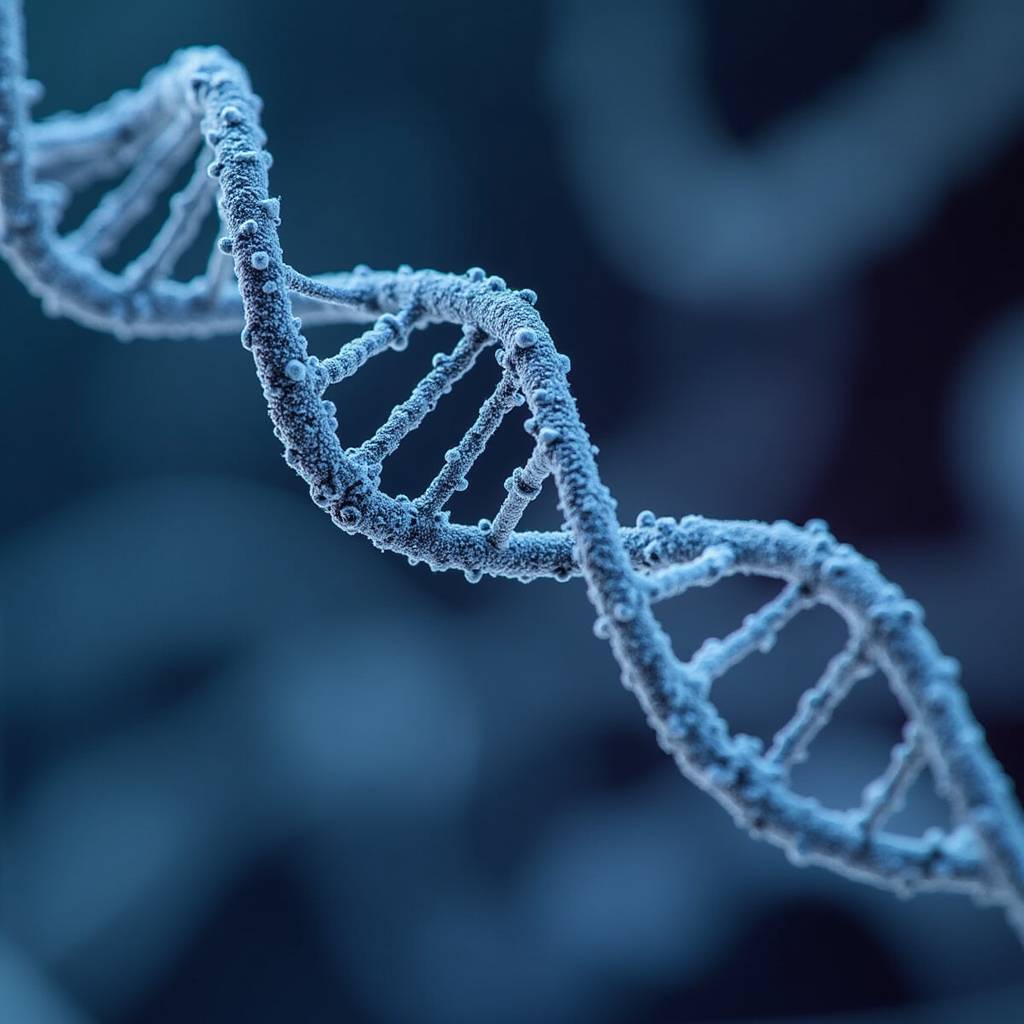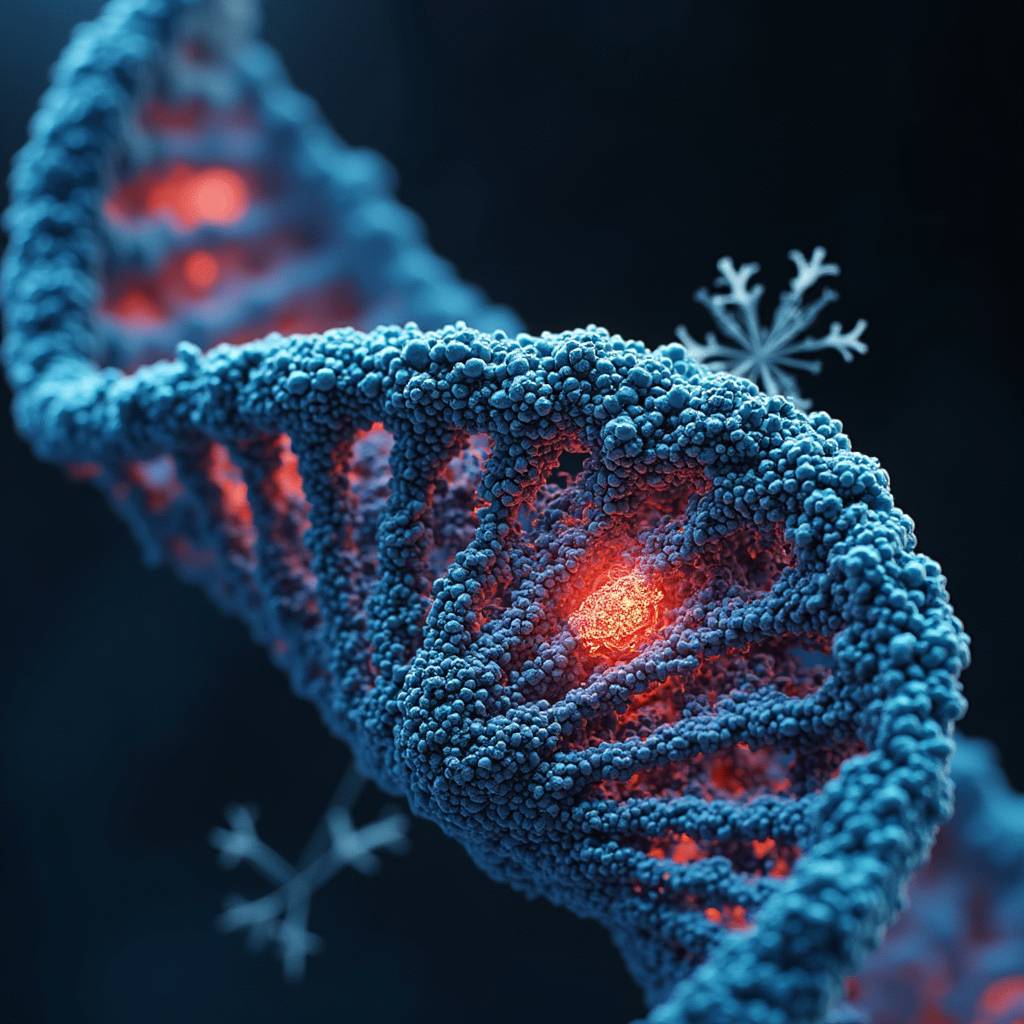Introduction
Sleep is not just a passive state—it is a biological workshop where the brain repairs, regenerates, and rewires itself. Two of the most critical agents in this process are HBDNF (Human Brain-Derived Neurotrophic Factor) and HBNGF (Human Beta Nerve Growth Factor). These neurotrophic proteins are responsible for supporting neural plasticity, memory consolidation, emotional stability, and learning.
This article explores how Genetic Learning (GL) not only enhances sleep but also stimulates the natural production of HBDNF and HBNGF through subconscious brain training.

What Are HBDNF and HBNGF?
-
HBDNF helps neurons survive, grow, and connect—essential for learning and memory.
-
HBNGF supports the development of nerve cells and is linked to mood regulation and cognitive flexibility.
Both are highly active during deep sleep phases and are inhibited by stress, insomnia, and poor sleep quality.

The Sleep–Neurotrophic Factor Link
Scientific studies show:
-
A single night of poor sleep reduces BDNF levels in the brain.
-
Chronic sleep deprivation disrupts the hormonal cycles needed to produce both HBDNF and HBNGF.
-
Deep sleep (slow-wave) is the peak period for neurotrophic protein activation.
Thus, improving sleep is not optional—it’s biological fuel for brain growth.
How Genetic Learning Optimizes Neurotrophic Output
-
Evening Brain Activation
GL exercises gently activate the subconscious mind, priming the brain for deeper sleep and neurotrophic release. -
Hormonal Reset
By calming overactive circuits and stimulating melatonin naturally, GL supports the neuroendocrine balance required for HBDNF and HBNGF production. -
Neural Engagement Without Stress
Unlike intense cognitive work, GL provides low-friction mental tasks that stimulate the brain without overstimulation, ensuring sleep quality is preserved.

Experimental Findings from the Incubator
Two case studies of individuals over 40 and 50 years old showed:
-
Over 50% increase in HBDNF markers within one month of GL training
-
Improved emotional response and memory retention
-
Reduction in night awakenings and anxiety-related symptoms
These results were recorded through lab testing at Ajyal Lab for Medical Analysis, confirming the physiological impact of GL on neurotrophic health.
Final Thoughts
You cannot grow what you don’t nourish—and your brain is no different. Through deep, quality sleep and targeted subconscious training, Genetic Learning awakens the natural regenerative forces within your mind. HBDNF and HBNGF are not just chemicals; they are the architects of a better brain—and GL holds the key to their release.
Discover More with Sleeping Order
Related posts
Genetic Learning for Children: Building Strong Brains and Better Sleep from an Early Age
Introduction Childhood is the most critical period for brain development. It’s when neural pathways are
The Sleep Architecture Explained: How Genetic Learning Optimizes Each Sleep Stage
Introduction Sleep is not a single state—it’s a cycle made of several distinct stages, each
Chronotypes and Genetic Learning: Tailoring Sleep and Brain Training to Your Internal Clock
Introduction Not everyone is wired to wake up early. Some feel energized at dawn,



